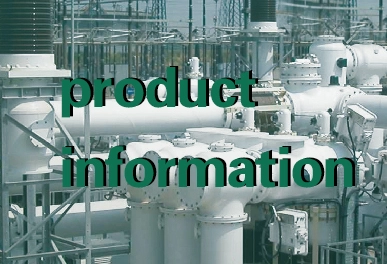When selecting a pressure gauge, you need to consider the type, range, accuracy, sensitivity, dimension, remote transmission function and other functions such as indication, recording, adjustment and alarm.
LASON, a top pressure gauges supplier from china, will give you the detailed selection guides for you!
Main basis for pressure gauge selection:
1. Requirements for measurement in process production, including measuring range and accuracy
In the case of static test (or slow change), the maximum of the measured pressure is specified to be two-thirds of the full scale of the pressure gauge. In case of pulsating (fluctuating) pressure, the maximum of the measured pressure should be one half of the full scale of the pressure gauge.
The accuracy grades of commonly used pressure gauges are 0.05, 0.1, 0.25, 0.4, 1.0, 1.5 and 2.5. You should choose from the accuracy requirements for production process and the best economy. The maximum allowable error of the pressure gauge is the product of the range of the pressure gauge and the percentage of accuracy grade. If the error exceeds the accuracy required by the process, replace the pressure gauge with better accuracy.
2. The properties of the measured medium
When choosing a pressure gauge, you need to consider the properties of the measured medium, such as the state (gas, liquid), temperature, viscosity, corrosiveness, degree of oil contamination, flammability and explosiveness, etc. Oxygen meter, acetylene meter, etc. are not suitable for oily environments. Corrosion resistant pressure gauge, high temperature resistant pressure gauge, diaphragm pressure gauge, etc. are suitable for special medium.
3. Environmental conditions during use
Consider the temperature, corrosion, vibration, humidity, etc. For example, shockproof pressure gauges are suitable for vibration environments.
4. Staff observation
Choose different types of mechanical pressure gauges with different gauge diameters (outer dimensions) according to the locations of the pressure gauges and the lighting conditions of the locations.
Related Article for Reference
Working Principle of SF6 Gas Density Gauge
The Effect Of Temperature Compensation On SF6 Density MetersWhen the SF6 density meter is not installed, if the ambient temperature is20℃, the pointer deviates towards0MP. However, if the ambient tem...
Sat 10 2023







